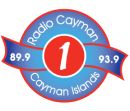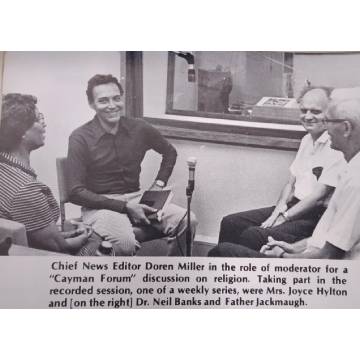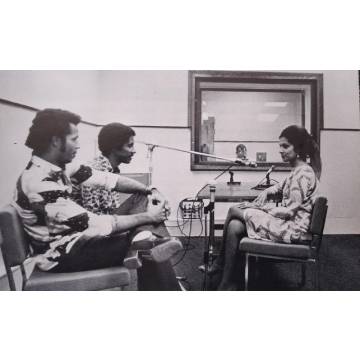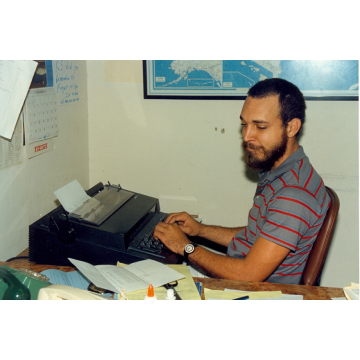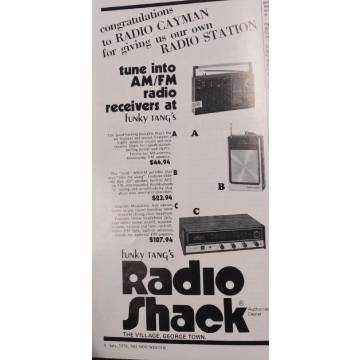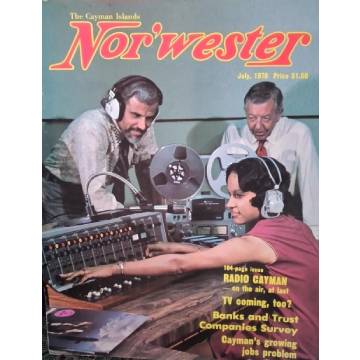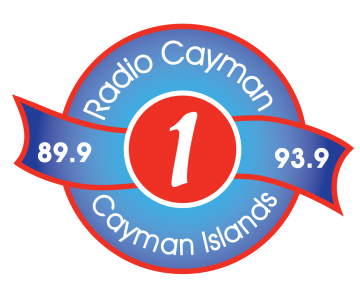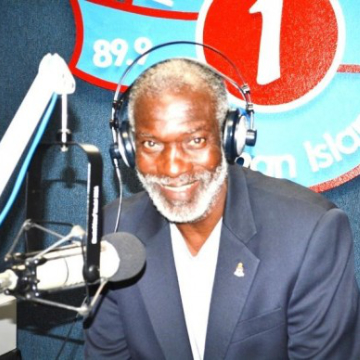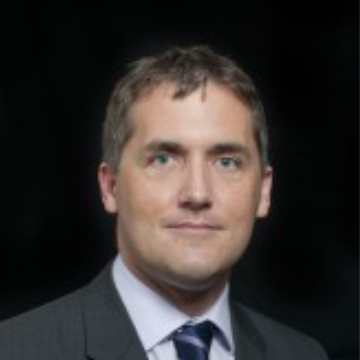News
Ministry of Health & Wellness Offers Statement on Emergency Services

Since the tragic incident at Parker’s Raceway in Breakers on 27 August 2022, and given the subsequent questions that have been asked by our community, the Ministry of Health & Wellness has been working diligently to gather accurate and relevant information to be shared with the public. Here are our findings:
While the word “emergency” is understood to mean a serious, unexpected, and at times life threatening situation, which can cover a range of physical and mental health ailments, the provision of “emergency services” speaks to a standard- made up of a specific set of services and complements- that a health care facility must meet in order to be approved to deliver.
The Health Practice Commission, established under the Health Practice Act (2021 Revision), is tasked with, among other things, “the certification and inspection of health care facilities” (section 3.1(d)).
The members of the Health Practice Commission are appointed by Cabinet and consist of the Chairpersons of the four health practice councils (Medical and Dental Council, Nursing and Midwifery Council, Pharmacy Council, and Council for Professions Allied with Medicine- all of whom are professionals in their respective fields), as well as one assignee each of the Attorney General’s Chambers and Director of Planning, two representatives from health care facilities, and the registrar.
Each Council is tasked with the registration and licensing of practitioners within each group of professions.
The Department of Health Regulatory Services (DHRS) supports the Health Practice Commission in its role as a regulatory body. As part of the certification process, DHRS receives applications from health care providers and uses those applications as the basis for its inspections based on the services the facility itself states it is able to provide.
The DHRS inspector is deployed to the facilities at the time of recertification (one to three years) to ensure that the facilities meet the standards for each of the services it states on its application it is able to provide. Standards are set for a range of services individually, from radiology and oncology all the way through to emergency services.
Based on the outcome of the inspection, DHRS inspectors will make a recommendation to the Health Practice Commission to approve or deny the individual services listed on the application by the health facility.
The Health Practice Commission makes the final decision in line with stipulated health practice standards.
In order to provide emergency services, a health care facility must not only meet the physical requirements for emergency facilities- ambulance bay, designated area with emergency beds, specialised equipment, etc- but they must also have the complements of experts, supporting staff, and supporting services (such as ambulances and trained EMTs and paramedics) that collectively determine the capacity and ability to deliver said emergency services 24 hours per day, 365 days per year.
Ambulances are registered directly to a health care facility, and as such are also subject to the licensing standards in terms of trained staff, equipment and maintenance under that facility’s application to DHRS. These health care facilities assume the cost associated with ambulance services (staffing, training, maintenance, fuel, etc). While there are other medical transportation services in Grand Cayman that can move patients to and from facilities, these are not licensed to provide the same level of service as the registered emergency services ambulances. The Cayman Islands Health Services Authority (HSA) is the only facility that has registered ambulances with the appropriately trained staff.
911 Emergency Services Dispatchers provide holistic coordination of emergency response, activating relevant agencies such as Law Enforcement, Fire Services and Emergency Medical Services (EMS) based on the nature of the emergency. The EMS ambulance, registered under the Cayman Islands Health Services Authority (HSA), is the only entity that meets the licensing standards with approval to respond to medical emergencies and authorised to be dispatched by the 911 Centre. The Cayman Islands Health Services Authority (HSA) is the only health-care facility with licensed emergency vehicles equipped for response services, and as a result is currently the only deployment location in the event of a medical emergency.
Staffing requirements for approval as an emergency services facility include, but are not limited to, two key components: personnel qualification and coverage.
In order for a facility to be able to provide emergency services, medical personnel are required to have both specific qualifications as well as a minimum number of years of practice to ensure that they have both the knowledge and the experience necessary to deal with complex emergency cases.
Furthermore, emergency services providers must ensure that staff qualified to provide emergency services are not only on-call, but physically present at the health care facility 24 hours a day, 7 days a week. The Cayman Islands Health Services Authority (HSA) is the only facility that meets the staffing requirements to be able to offer emergency services.
The Medical and Dental Council List of Licensed Practitioners at 9 September 2022 lists 16 medical doctors with a specialty of “emergency physician” or “emergency medicine”. Of those 16, 13 are located at the Cayman Islands Health Services Authority (HSA), and the remaining three (3) are located at three (3) separate private sector health facilities.
The Cayman Islands Health Services Authority (HSA) is the only facility on island that has met the standard as established by the Health Practice Commission to provide emergency services in the Cayman Islands. As such, it is the only facility that has been authorised by the Health Practice Commission to provide emergency services within the territory.
Lastly, trauma- in particular severe trauma as a result of a motor vehicle accident- is a special circumstance that is the domain of 911 Emergency Services. Severe trauma is a specific type of emergency that can best be handled by a facility that is equipped and prepared for these types of emergencies. To date, the Health Practice Commission has not received any application from any private local facility to provide services for cases of severe trauma, and as such the Cayman Islands Health Services Authority (HSA) remains the epicentre of care for these cases.
“The Ministry of Health & Wellness remains committed to building our local capacity in an effort to enhance and improve emergency services,” stated Minister for Health & Wellness, Hon. Sabrina Turner. “However, this must be done in line with best practices and the standards which we have set. These standards are there to ensure, first and foremost, patient safety. We welcome the opportunity to engage private sector providers who have met the standards as determined and enforced by the Health Practice Commission, and as such are authorised to deliver those services safely and responsibly,” she added.
